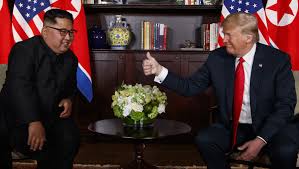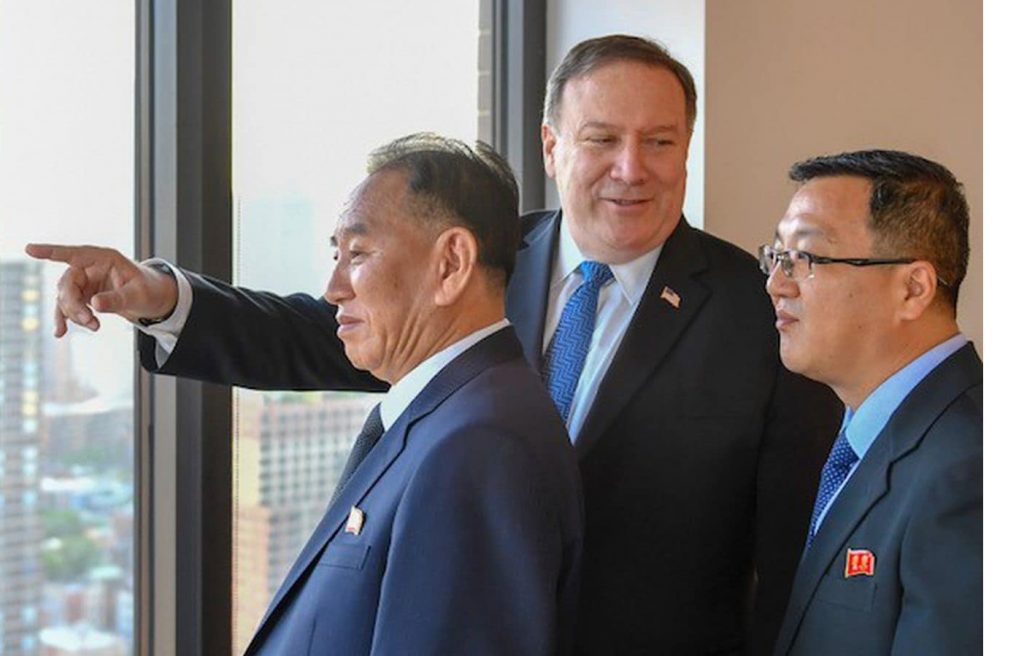President Trump’s astonishing words about the people of North Korea
In his post-summit interview with ABC’s George Stephanopoulos, President Donald Trump said something quite astonishing about how the citizens of North Korea view their supreme leader Kim Jong Un. Trump said: “His country does love him. His people, you see the fervor. They have a great fervor.”
To believe that the majority of North Koreans, many of whom are teetering on the edge of survival, are happy is nothing less than a gross exaggeration.
According to the latest UN humanitarian appeal, a staggering 41% of the population — or an estimated 10.3 million people — continue to suffer from under-nutrition. So it is equally astonishing that in the joint statement both leaders signed there is no mention of alleviation of the suffering of vulnerable North Korean citizens.
The situation is so dire that hundreds of thousands of children, pregnant women and breastfeeding mothers don’t have enough to eat on a daily basis. While aid agencies operating in North Korea need to be restrained in their reporting of the situation on the ground, eyewitness accounts from dissidents and others support evidence that many outside privileged circles have difficulty surviving.
The UN’s World Food Program, which has some of the best access in the country, says that about one-quarter of children in nurseries it supports are stunted, meaning that they’ve received such poor nutrition in their first few months of life that their growth has been affected.
While natural factors such as floods, drought and bitterly cold weather set people back, international sanctions have had the knock-on effect when it comes to the health and well-being of ordinary people, too. Earlier this year, an influenza outbreak was blamed on sanctions that prevent easy restocking of basic medicines.
[CNN]

 On June 12, President Trump and Chairman Kim Jong Un conducted a comprehensive, in-depth, and apparently sincere exchange of opinions on the issues related to the establishment of new U.S.–DPRK relations and the building of a lasting and robust peace regime on the Korean Peninsula.
On June 12, President Trump and Chairman Kim Jong Un conducted a comprehensive, in-depth, and apparently sincere exchange of opinions on the issues related to the establishment of new U.S.–DPRK relations and the building of a lasting and robust peace regime on the Korean Peninsula.